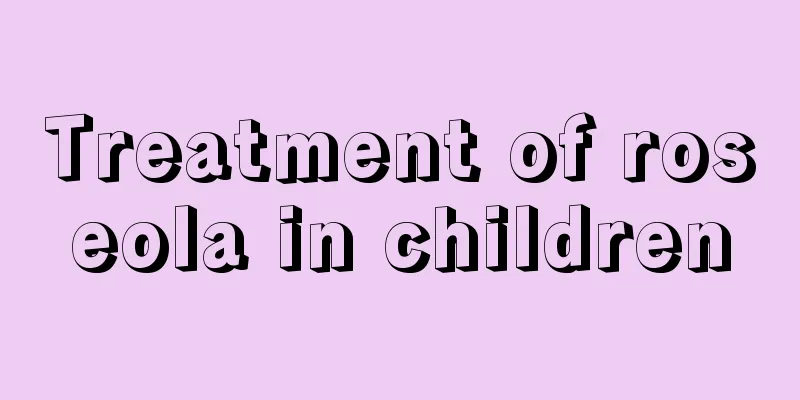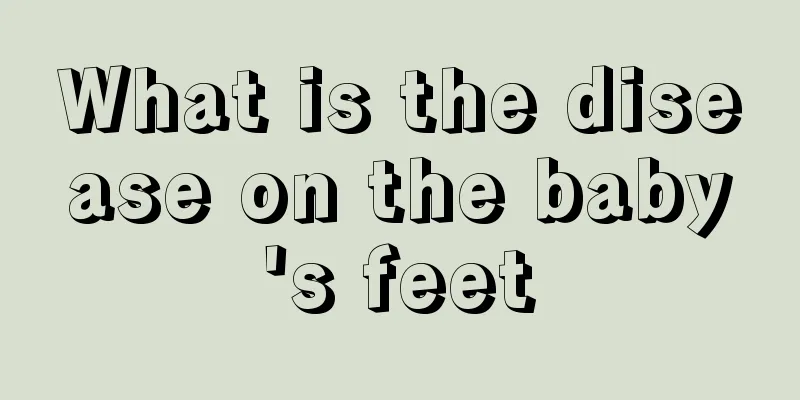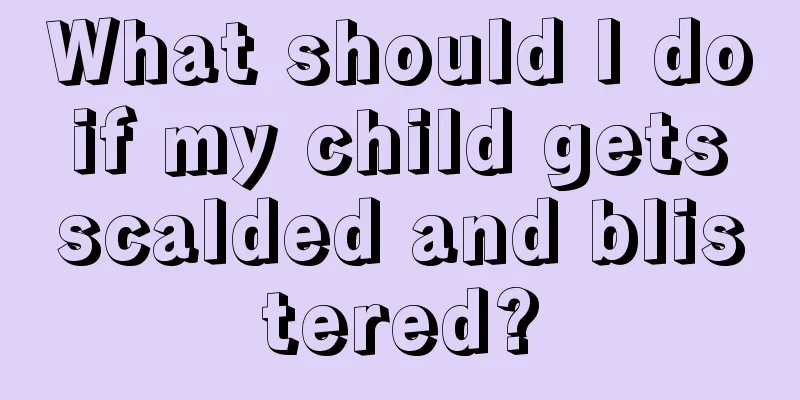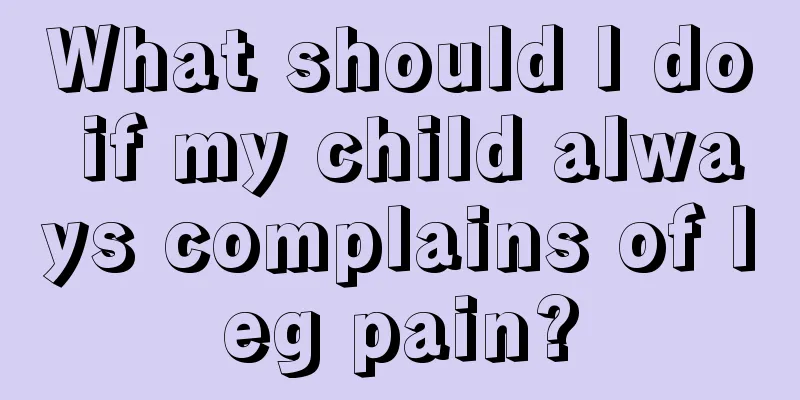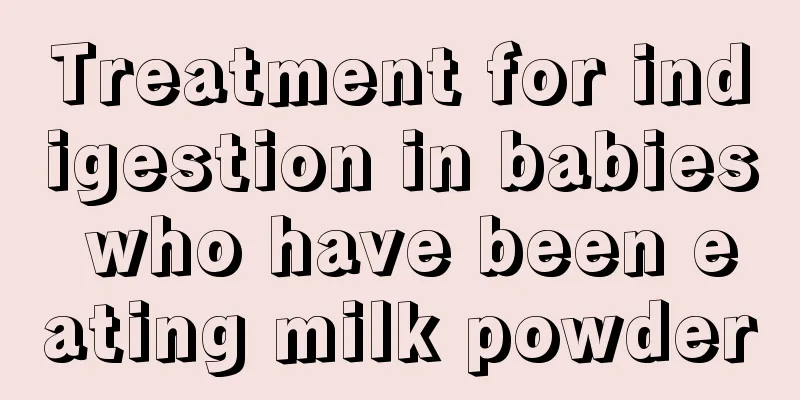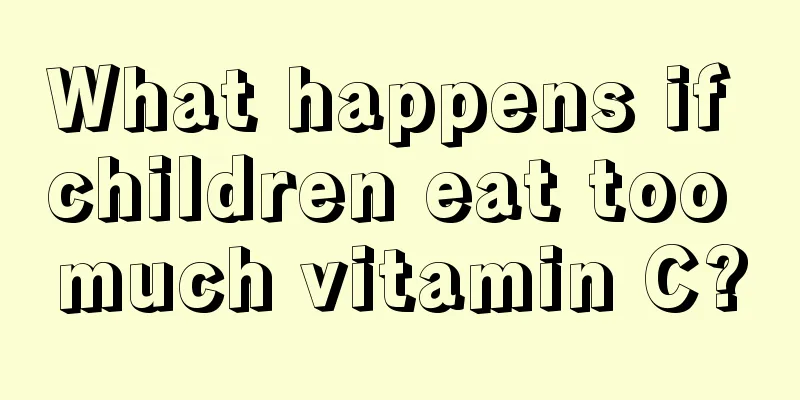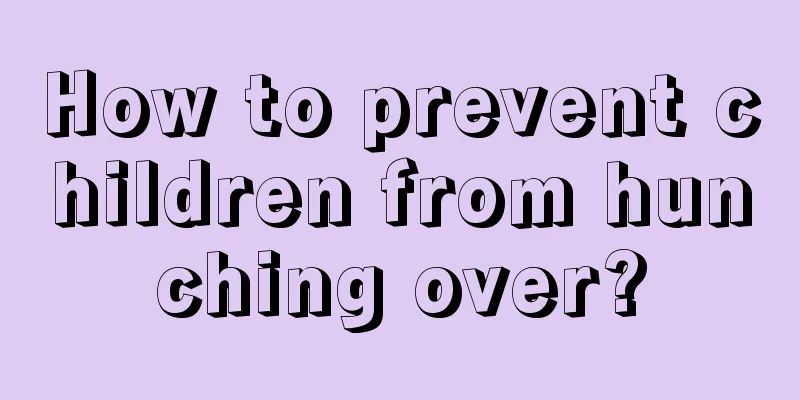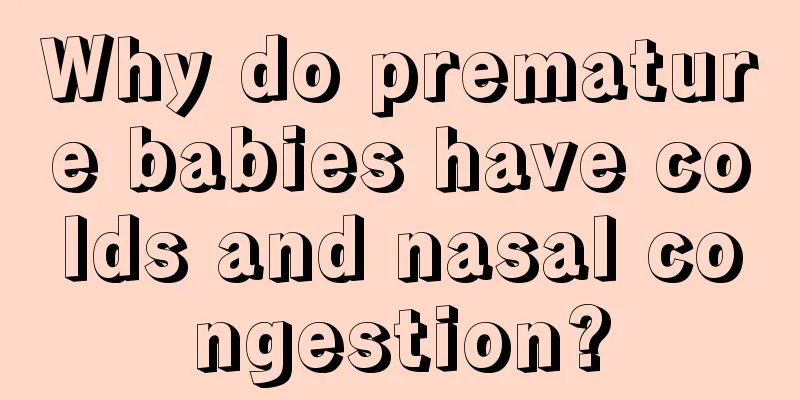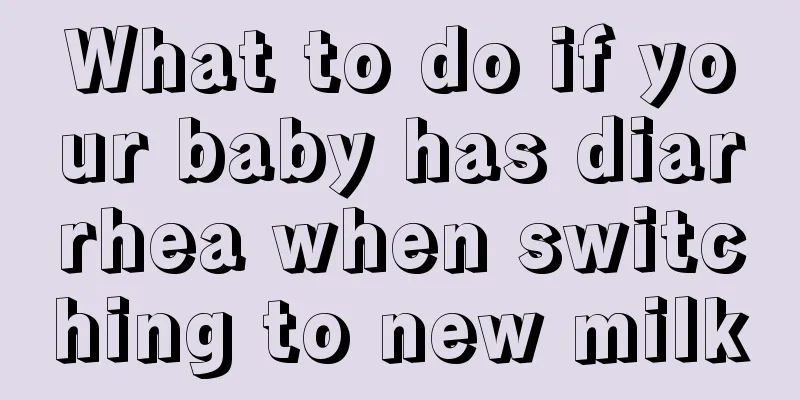What to do if a two-year-old child has a fever and vomits
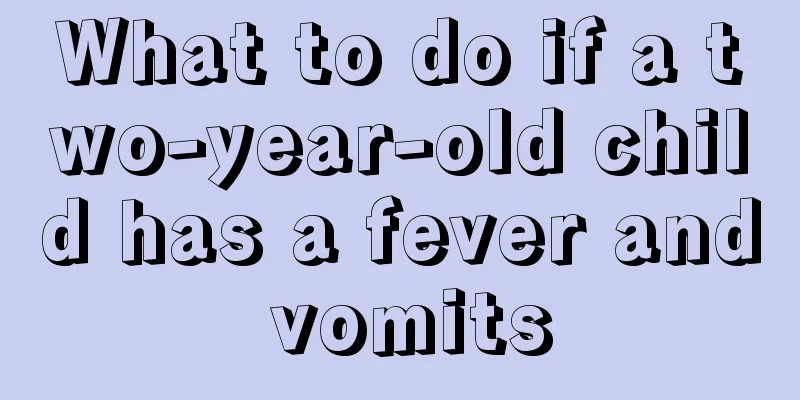
|
Living conditions are better now and the economy is developing rapidly. Due to the pressure of life and other reasons, many people only have one child. They take good care of the child and love him/her very much. Although everyone tries their best to protect the child from harm, there are still some unexpected times, such as children getting sick. In fact, fever and vomiting are very common diseases, which are easy to recover for adults, but not for a two-year-old child. What should I do if my two-year-old child has a fever and vomits? If your child has a fever, don't rush to cool him down First of all, don’t rush to reduce the fever, but find out the cause of the child’s fever. Fever is not a disease, it is like an alarm bell for the body, reminding you that something abnormal is happening inside the body. At the same time, fever is also a defense measure of our body against pathogenic microorganisms. To a certain extent, appropriate fever is beneficial to enhance the body's resistance and eliminate pathogens. So if the child does not have a high fever, do not rush to reduce the fever immediately, otherwise it will hide the real cause of the disease. If your baby has a fever, don't mix medicines together Whether to give children antipyretics requires weighing the pros and cons. Of course, medicine can improve the child's condition and make the baby feel more comfortable; but it is also likely to bring some side effects. The World Health Organization recommends that no antipyretic drugs should be used for infants under 2 months old. In general, antipyretic medications should be used only for children with high fevers. The method and dosage of taking must be done according to the doctor's instructions. We recommend giving your child antipyretics only when the body temperature exceeds 38.5 degrees Celsius. If your child has a history of high fever convulsions, you may give him or her antipyretics when the temperature reaches 38 degrees Celsius. Children should not eat more eggs when they have a fever After a child has a fever, he or she usually has a poor appetite. At this time, he or she should eat liquid, nutritious, light, and easily digestible food, such as milk, lotus root powder, and vegetable soup with less oil. When the body temperature drops and appetite improves, you can change to semi-liquid food, such as minced meat and vegetable porridge, noodles, soft rice with some easily digestible dishes. When a child has a fever, many parents think that they should supplement their nutrition, so they feed their children a lot of protein-rich eggs. In fact, this not only fails to lower the body temperature, but increases the heat in the body, causing the baby's body temperature to rise, which is not conducive to the child's early recovery. It is recommended to give children less food, eat small meals frequently, and try not to eat snacks. This is the case for children at this stage. There is no big problem. Children are young, their stomachs are not very sound, and their absorption capacity is not very good. Take it slowly, and they will get better as they grow older. Exercising immediately after a meal will cause adverse symptoms such as abdominal pain, nausea, and vomiting. It is generally believed that it is more appropriate to exercise 2 hours after a meal. What should you do if your two-year-old child has a fever and vomits? This is a question that parents are very concerned about nowadays. The article introduces some relatively effective methods that are suitable for children's physique. After all, they are children, and their resistance and recovery abilities are relatively weak. Therefore, it is normal for parents to be more worried. In this case, parents should take their children to the hospital for medical treatment in time, because the causes of the disease are varied and specific analysis is required. |
<<: How to quickly treat a child's cough
>>: How does Traditional Chinese Medicine treat childhood epilepsy?
Recommend
How often should vaccinations be given?
When a baby is born, he or she will definitely ne...
Does roseola infantum cause diarrhea?
Many children in their early childhood have very ...
Does the baby need to take anti-inflammatory medicine for red and swollen gums?
Although toothache is not a serious problem, the ...
Symptoms of albinism in children
Because people's living standards have improv...
How to educate a 4-year-old child
Children are naughty by nature and are not bound ...
What medicines are used to treat burns in children?
If a child is burned, parents must pay attention ...
Symptoms of voice change
Voice change is a stage that must be experienced,...
Treatment of lupus nephritis in children
We know that children's physical health is wh...
What to do if a child has a fever of 39 degrees
In life, many children often have fever due to in...
Premature infant feeding scale for three months
When a premature baby reaches three months old, h...
Normal development age and precautions for boys
We boys will all go through puberty, and we need ...
What can children take to grow taller?
How tall a child can grow is directly related to ...
What is the reason why babies always sleep restlessly?
It is a very common situation for newborns to hav...
What should I do if there is a lump at the injection site after vaccination?
When babies are just born, they will get some vac...
What should I do if my seven-month-old baby has a fever of 38 degrees?
It is very common for babies to have a fever, and...
